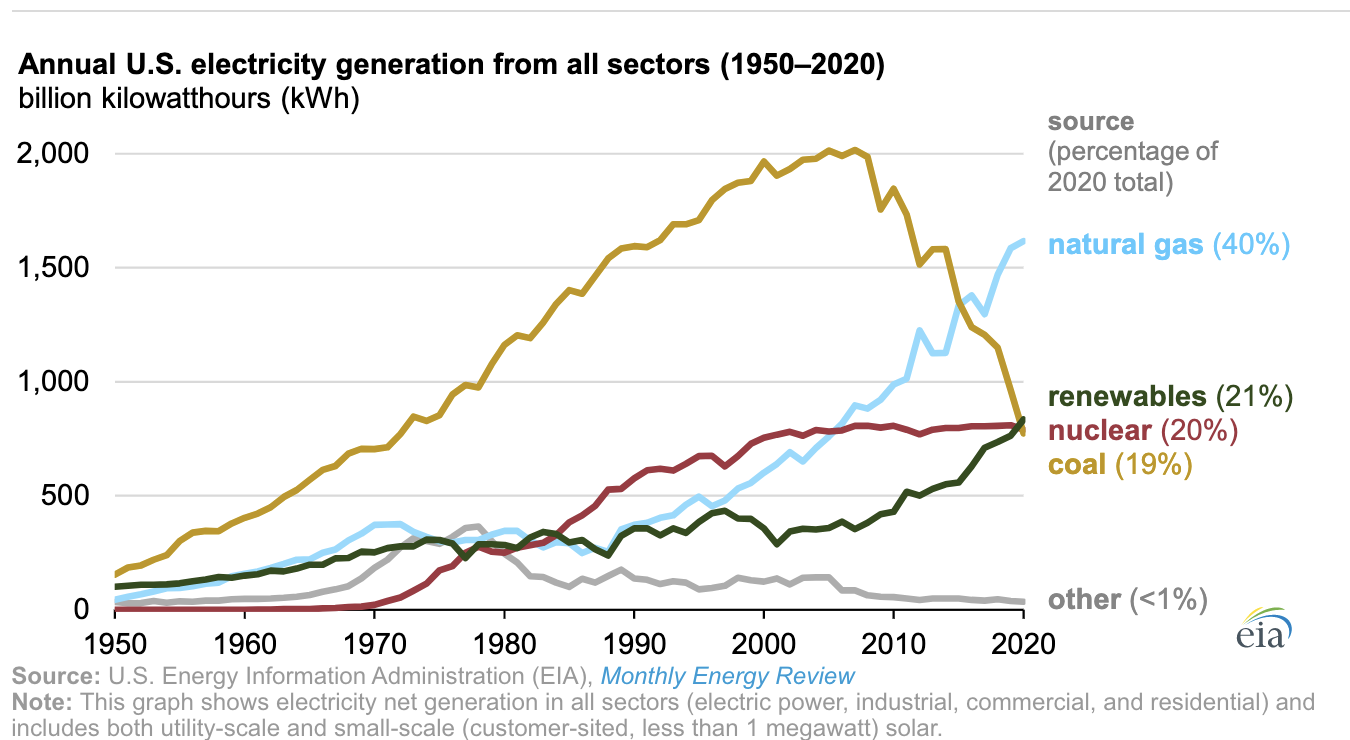No Foolin’ was to end the week and start the month morning WFH reads:
• War got weird: Half a century of IT innovation is now being used for destruction. Technology fundamentally transforms the experience of human life in unexpected ways that are difficult to comprehend. Technology weirds the world. Military technology, unfortunately, is part of that. If you give human beings new capabilities, some of those humans are going to use those capabilities to try to kill each other. (Noahpinion)
• Robot Subscription Services Let Companies Automate on the Cheap: The plans cost as little as $8 an hour, helping smaller businesses dodge high wages and labor shortages. (Businessweek)
• Spam as a Service. If you’re curious about where all the billions of dollars of venture and IPO capital are being spent by all these Software as a Service startups, I have figured it out. The answer is in my inbox. They’re taking all this money, paying saleskids one year out of college to hit small business owners on LinkedIn or guess the email addresses of people like me. It’s cold calling, but lazier. (Reformed Broker)
• Can Home Prices and Interest Rates Soar at the Same Time? Rising mortgage rates are supposed to cool house prices. But this time could be different. (New York Times)
• Did Sweden beat the pandemic by refusing to lock down? No, its record is disastrous. A new study by European scientific researchers buries all those claims in the ground. Published in Nature, the study paints a devastating picture of Swedish policies and their effects. “The Swedish response to this pandemic,” the researchers report, “was unique and characterized by a morally, ethically, and scientifically questionable laissez-faire approach.” (LA Times) see also Covid success to covid disaster: What happened in Hong Kong? For two years, Hong Kong was known for its relative success in controlling covid. Strict measures, 3-week quarantines for travelers, lockdowns and curfews were part of the effort, even after most of the world had moved toward coexisting with the virus. But starting in February, Hong Kong’s defenses faltered. (Grid)
• How High Energy Prices Could Help Both the Climate and the U.S. With Russian output shut in, U.S. producers could gain market share even as world hastens shift to renewables. (Wall Street Journal)
• Is Geometry a Language That Only Humans Know? Neuroscientists are exploring whether shapes like squares and rectangles — and our ability to recognize them — are part of what makes our species special. (New York Times)
• Balance of Terrors A Cold War-era theorist saw the only way to curtail the worst was knowing the worst was possible. (Real Life)
• How to Choose Your Perfume: We met for this conversation at a high-rise in Chicago’s South Loop. It’s an airy, glassed-in space with views of Lake Michigan and the South Side in many directions. We’d brought our bathing suits to swim in her building’s rooftop pool. But first we spread out tiny bottles of perfume on her kitchen table, and sprayed and sniffed for a good long while. (Paris Review)
• Silicon Valley’s Sex Censorship Harms Everyone: The post-FOSTA internet often silences sex workers, queer users, and artists, furthering puritanical ideas about sexuality. (Wired)
Be sure to check out our Masters in Business interview this weekend with Bill Gross PIMCO co-founder who managed the Total Return Fund, which at $293B was the world’s largest mutual fund. Gross advised Treasury on the role of subprime mortgage bonds, and was named Morningstar’s Fund Manager of Decade in 2010.
Renewables became the 2nd-most prevalent U.S. electricity source in 2020

Source: U.S. Energy Information Administration
Sign up for our reads-only mailing list here.

